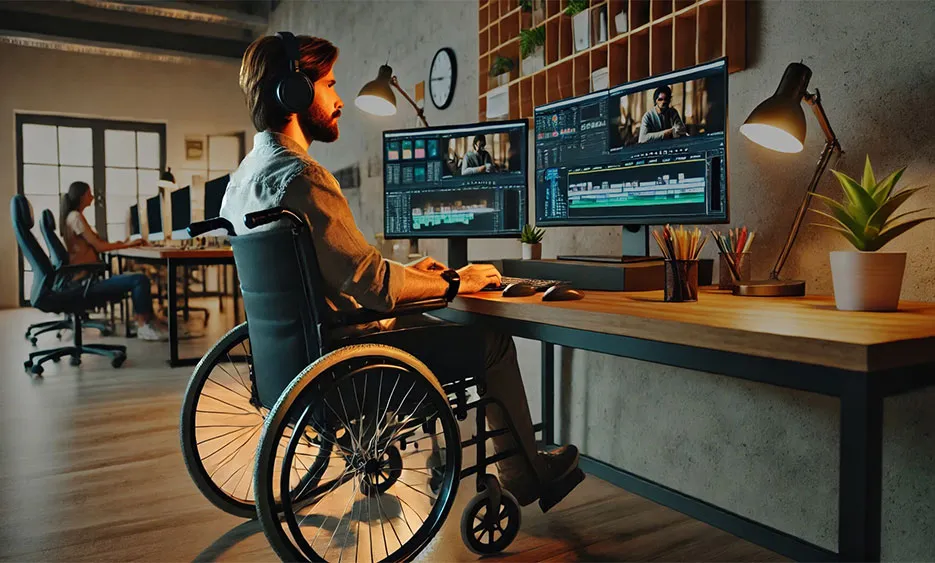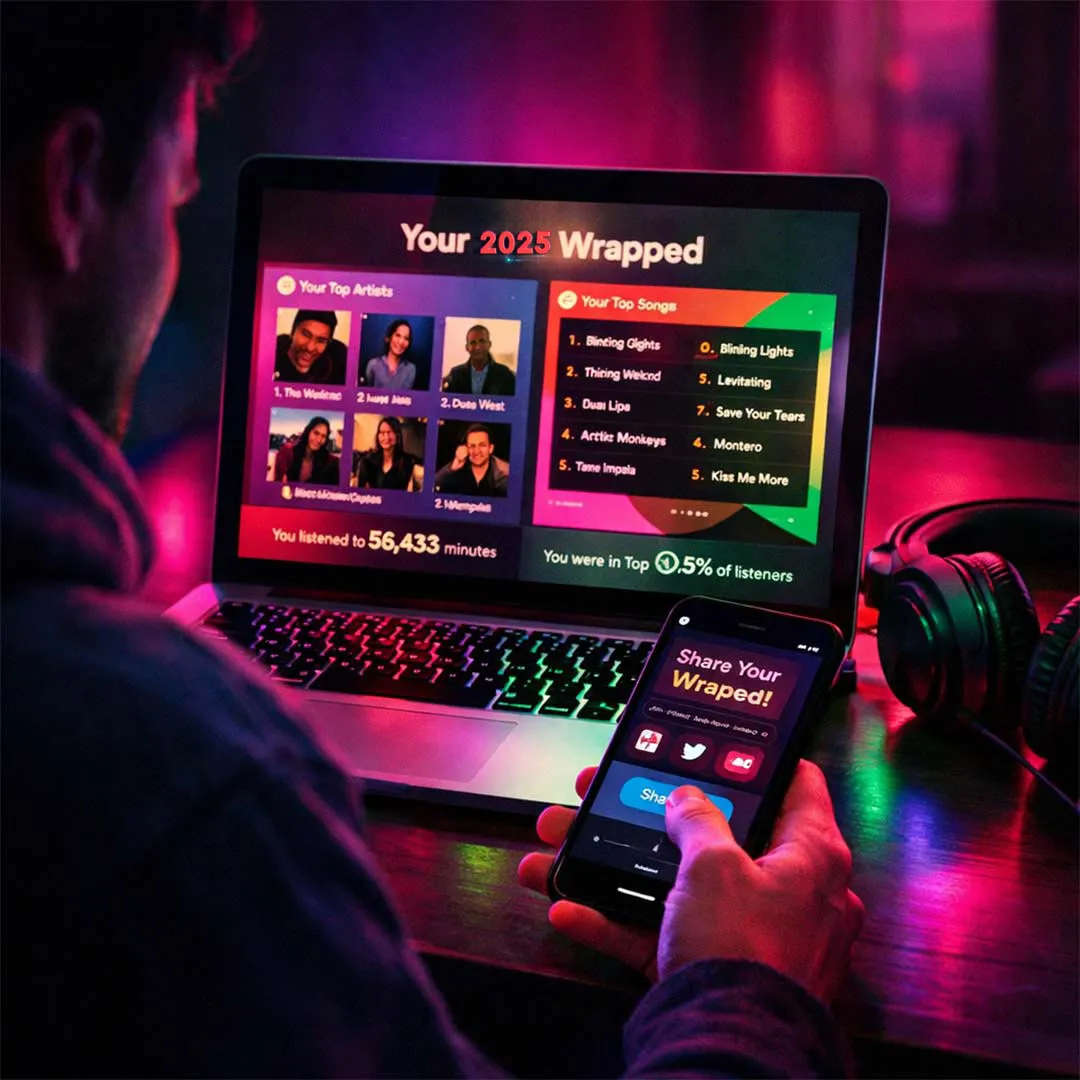
Accessible content marketing: Reach all target groups
12. March 2025
Accessible content marketing is crucial in 2025 because companies must make their content available to a broad audience. Accessibility in content marketing now plays an important role. Many companies focus on the accessibility of their websites. However, it is often forgotten that social media, videos, and blogs also need to be made accessible. In this post, we show you how to make your content accessible across all digital channels, reaching people with diverse needs.
Why accessibility is important in content marketing
Accessibility goes beyond compliance with legal regulations. It enables people with disabilities to consume content. At the same time, it ensures that your messages reach everyone—regardless of limitations. According to a study, about 15% of the world’s population has a disability. This represents a large target audience addressed by accessible content. Accessible communication strengthens brand perception, builds trust, and expands reach.
Accessibility in content marketing for websites, social media, and more
1. Image descriptions in social media
Images are a central part of social media content. For people with visual impairments or screen readers, they are often inaccessible without image descriptions. Make sure to provide every image with meaningful alt texts that explain the content and context of the image. This improves accessibility and simultaneously helps with SEO. Search engines use alt text to index images.
2. Subtitles and transcripts for videos
Videos are another important format in online marketing. They are especially popular on platforms like YouTube, Instagram, and TikTok. To make videos accessible to deaf or hard-of-hearing people, you should add subtitles. These allow the spoken language to be understood even without sound. For longer videos, it is also recommended to provide transcripts so that users can read the entire content in text form.
3. Accessible blog posts and text content
Accessibility and inclusivity should also be considered in blog posts. Use clear and simple language so that people with cognitive impairments can understand your content. Structure your texts with headings (H1, H2, H3), bullet points, and paragraphs. This improves readability and enables easy navigation. The use of high-contrast colors and reader-friendly fonts also contributes to better readability.
4. Clarity and simplicity in call-to-actions
Your call-to-actions (CTAs) are crucial for conversion. Make sure they are clear, concise, and easy to understand. Use highly visible buttons and avoid complex or lengthy wording. This ensures that your CTAs can be easily noticed and used by all users, including those with learning difficulties or visual impairments.
Technical tools for accessible content
There are various tools that can help you check your content for accessibility. The Web Content Accessibility Guidelines (WCAG) provide comprehensive guidance for creating accessible digital content. Tools such as the WAVE Web Accessibility Tool analyze websites and digital content for accessibility issues, allowing you to make the necessary improvements.
Mobile accessibility
With the increasing use of smartphones, it is important that your content is also accessible on mobile devices. Ensure that your mobile content meets the same accessibility standards as the desktop versions. Make sure your pages are easy to read on small screens and that texts and buttons can be easily tapped.
Conclusion
Accessibility in content marketing is an ethical obligation and a strategic decision that strengthens your company. By making your content accessible to everyone, you expand your reach and build an inclusive brand identity. Remember that accessibility is not a one-time effort but an ongoing process. Use the mentioned strategies and tools to make your content marketing accessible in the long term and to reach your target audiences as effectively as possible.
Our blog
Latest news
With our blog, you are always close to our work, our current projects and the latest trends and developments in web and print.
Any questions?





